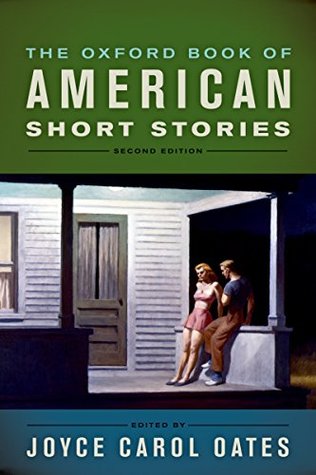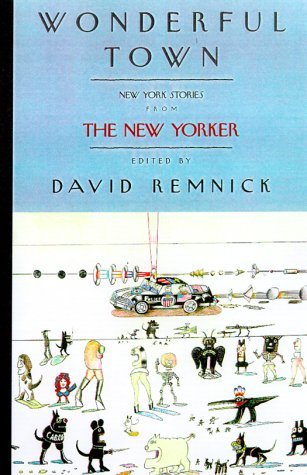Here’s my thoughts on the last half of the stories in The Best American Short Stories 1951. There’s a reason this series is called “The Best”. All of these stories are very good and there are no surprises in the sense of “What? This is considered best”? Of course some resonated with me more than others but that’s no different than any collection of short stories.
The Mother’s Story by Josephine W. Johnons – A young girl at the turn of the 20th century is stood up by a man who has promised to marry her. What makes it interesting is that its told from the point of view of – you guessed it – the girl’s mother.
Fru Holm by Ilona Karmel – The reader isn’t sure of the relationship between Fru Holm and Froken Annalisa until the very end. Then there isn’t really a doubt.
Old Century’s River by Oliver La Farge – Reminds me of Hemingway not necessarily in style but content and theme. “The Snows of Kilimanjaro” without Paris.
Old Turkey Neck by George Lanning – Similar to “Fru Holm”, in that it consists of an unlikely friendship for an elderly person.
Portrait by Ethel G. Lewis – A servant girl poses naked for her artist mistress. The blending of embarrassment and empowerment is quite startling.
The Glass House by Dorothy Livesay – Not sure where the title comes from for this story. I was looking for some “stone throwing” but couldn’t find any.
The Wishbone by Robie Macauley – A black sheep of the family visits. The kids love her but their mother not so much. In a round-a-bout way, the author shows sympathy for both the black sheep and the mother.
The Prison by Bernard Malamud – One of my favorites of this group of stories. Tommy Castelli’s story is told with brilliant moral ambiguity.
The Butcherbirds by Esther Patt – Another very heartfelt story about an odd friendship.
Death of a Favorite by J. F. Powers – Read this one a while back. Still a good one, though.
The Tabby Cat by Paul Rader – Second story in a row about anthropomorphic cats. Two very different stories.
The Nemesis by Jean Stafford – The more I read of Stafford’s work, the more I like it. This one has the same slightly insecure female stream of consciousness as the other stories of hers that I’ve read. The same humor, too, but this one has a sad side to it.
The Last of the Grizzly Bears by Ray B. West, Jr. – Interesting combination between killing grizzly bears and New York City business cocktail parties.
The Resemblance Between a Violin Case and a Coffin by Tennessee Williams – Read this one only a few weeks ago.
Here’s the post for Part 1 of these stories.
Here’s the post for my introduction to these stories.
And here are my top five favorites from the entire collection:
5. A Fugitive From the Mind – Peggy Bennett
4. The Prison – Bernard Malamud
3. The Summer People – Shirley Jackson
2. Death of a Favorite – J. F. Powers
1. The Resemblance Between a Violin Case and a Coffin – Tennessee Williams







